Beyond the Bubble: Wesleyan Institute for Policy Bridges Campus and Community

During his first year at Wesleyan, Odin Marin ’27 noticed a lack of campus engagement with the Middletown community and its politics.
“It felt like there wasn’t a place on campus for people to come together and get engaged in local politics and local policy as a way of kind of giving back, [although] we have a lot of interested people on campus who are well-equipped to do public policy work,” Marin said.
Last fall, he decided that if a space like that didn’t yet exist on campus, he would create it. He approached two friends, Eli Arthurs ’27 and Miles Pinsof-Berlowitz ’27, with an idea: an undergraduate-run research collective focused on public policy in Middletown and the broader Connecticut community. This idea crystallized in the formation of the Wesleyan Institute for Policy (WIP) in October 2024. Arthurs and Pinsof-Berlowitz signed on to the project enthusiastically, as they shared many of Marin’s observations about the University’s complicated relationship to its surrounding area.
“On one hand, [the University’s] students come and they spend money on Main Street, they go to restaurants and shop in stores,” Pinsof-Berlowitz said. “And those are good things for the town. But on the other hand, [the University] needs to develop more [housing] to accommodate more students over time. And students can also have negative impacts on the town the same way they can have positive ones. We wanted to only tackle projects that had to do with benefiting Middletown [and] that didn’t have anything to do with benefiting Wesleyan students, because there are a lot of existing efforts for that.”
The collective’s mission is geared towards combining research with policy recommendations, expanding its scope of influence beyond the University.
“The mission of the Wesleyan Institute for Policy (WIP) is to develop actionable, evidence-based policy recommendations by integrating social, economic, and urban analysis…for the greater Middletown community,” their mission statement reads.
Said research is broken up into three cores: social policy, economic policy, and urban policy, led by Pinsof-Berlowitz, Marin, and Arthurs, respectively.
In the same month, the group received a grant from the Patricelli Center for Social Entrepreneurship, and by January 2025, they had established several community partnerships and a board of student directors and faculty advisors. The founders appointed Max Halpern ’26 as co-director of urban policy research, Tasmiah Akter ’26 as co-director of social policy research, and Sana Lee ’27 as director of communications and media.
Halpern, who transferred to Wesleyan from the University of British Columbia last September, was drawn to the project for multiple reasons.
“Coming from a research institution, I learned how to do research and was really surrounded by a lot of [it],” Halpern said. “[The University] doesn’t really teach you how to research, and there aren’t that many opportunities to do actual research that could be published. [WIP] is a really good avenue to help people get comfortable with research, but also to do things that matter. There’s this weird alienation of students from the real world, and so it’s a nice real-world application to the work and skills that people learn here.”
In February, WIP hired 26 student researchers, and this semester the group began its research through two partnerships with Connecticut organizations: River Valley Transit (RVT) and the Katal Center for Equity, Health, and Justice.
RVT, a Connecticut public transit agency that serves Middletown and the lower Connecticut River valley, is planning to transition from a flag-based stop system—one that relies on riders to signal when and where to stop—to a fixed stop system, which could have over 200 guaranteed stops. This change, WIP’s leaders hope, will substantially increase ridership.
Using Geographic Information Systems (GIS) and comparative analysis of college towns similar to Middletown and small transit systems, WIP is researching ways to make the new system as physically and technologically accessible as possible. The group is working to determine the safest and most walkable stop placements, the most comfortable and secure bus shelter designs, and the most user-friendly RVT apps or online services, particularly for its senior ridership.
It’s also considering how to optimize RVT’s routes so that the company brings in ridership from other transit companies, such as Amtrak, and conducting in-person surveys on RVT buses to understand riders’ needs and their reactions to the upcoming changes.
WIP is doing this work in coordination with Brendan Geraghty, RVT’s transportation planner, who they say is enthusiastic about the group’s support.
“Just having 20, 30 researchers across all the cores…[Brendan is super interested in tapping into] the amount of computing power that has,” Halpern said.
The group is also partnering with the Katal Center, an advocacy organization based in Brooklyn, N.Y., and Connecticut, to support its research on Middletown housing. In particular, WIP is working on researching Miller and Bridge Streets, a historically precarious and marginalized area that faces major accessibility and safety challenges, primarily because of its proximity to Route 9.
WIP has been conducting a historical and demographic analysis of the area, which was previously declared a non-viable area and nearly demolished in a failed development plan. They’re also collecting stories from longtime residents of the area and considering how the area can be reintegrated into the city in a sustainable and cost-effective manner.
“If you go through the reports of the 1990s, it explicitly says, ‘We should buy everybody out and just call this neighborhood,’” Marin said. “There’s a lot of convincing to be done behind getting the city to reinvest in this neighborhood.”
Beyond these individual partnerships, the organization is also considering how its research can support the larger Connecticut community, as many of the state’s essential programs and services have faced major defunding under President Trump’s administration.
“The loss of federal funding is a stressor on every single front, and we’re hoping that WIP can kind of help alleviate that stress by providing what we can,” Halpern said.
Before the Spring semester comes to a close, WIP will hold an end-of-year reception on Friday, May 9 to present their research to Wesleyan students, staff, and the community stakeholders whose work is affected. Middletown mayor and University alum Ben Florsheim ’14 is also expected to attend.
As for the future, the group’s leaders are excited to hire new researchers in the fall. They’re looking for students who are interested in Middletown beyond its role as a University town, and are willing to listen more than they theorize.
“We don’t want to impose our ideas on what the problems are of Middletown, given that we [have] such a sheltered, separate experience [here],” Arthurs said. “The core idea of [WIP] is hearing from people what their problems are, rather than coming at it from a Wesleyan-centric perspective.”
Miles Pinsof-Berlowitz is a News Editor for The Argus.
Lula Konner can be reached at lkonner@wesleyan.edu.

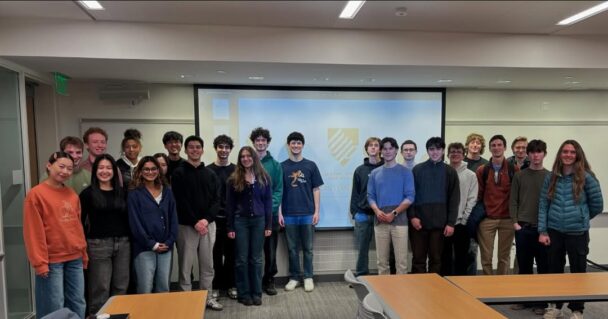
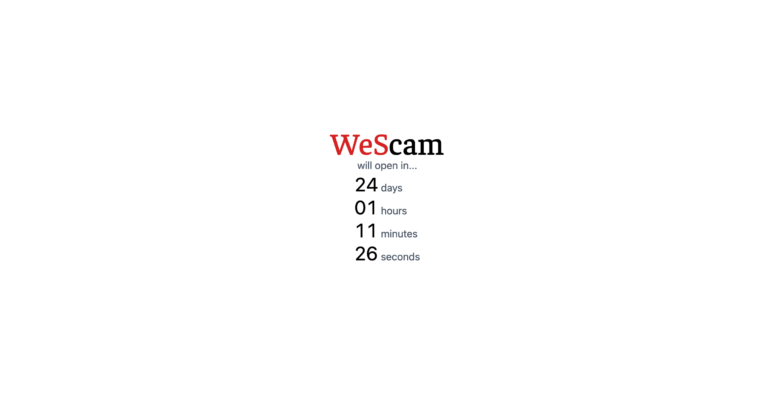
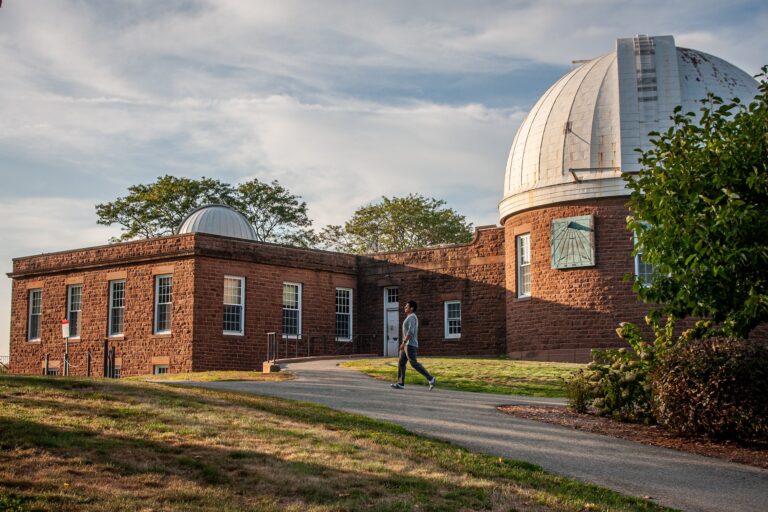
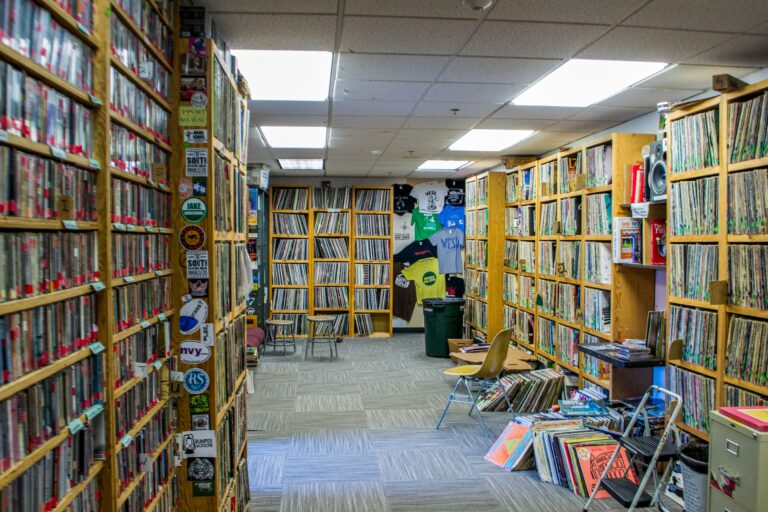

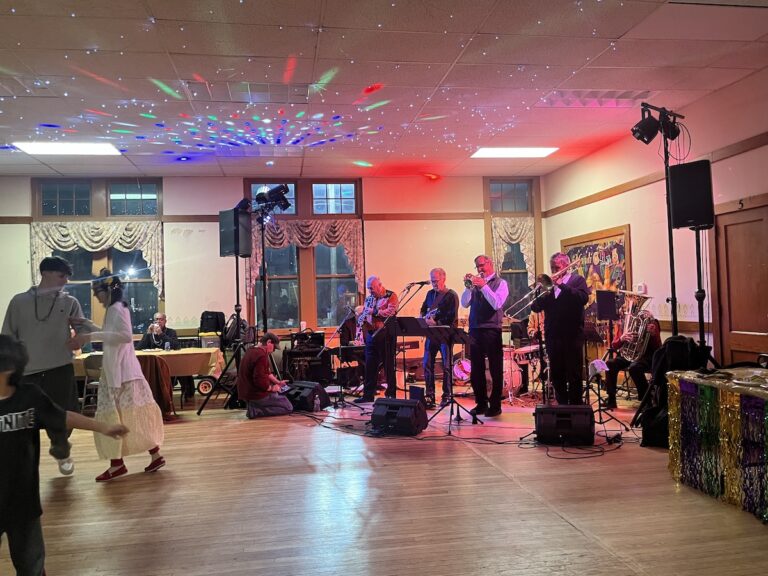

Leave a Reply